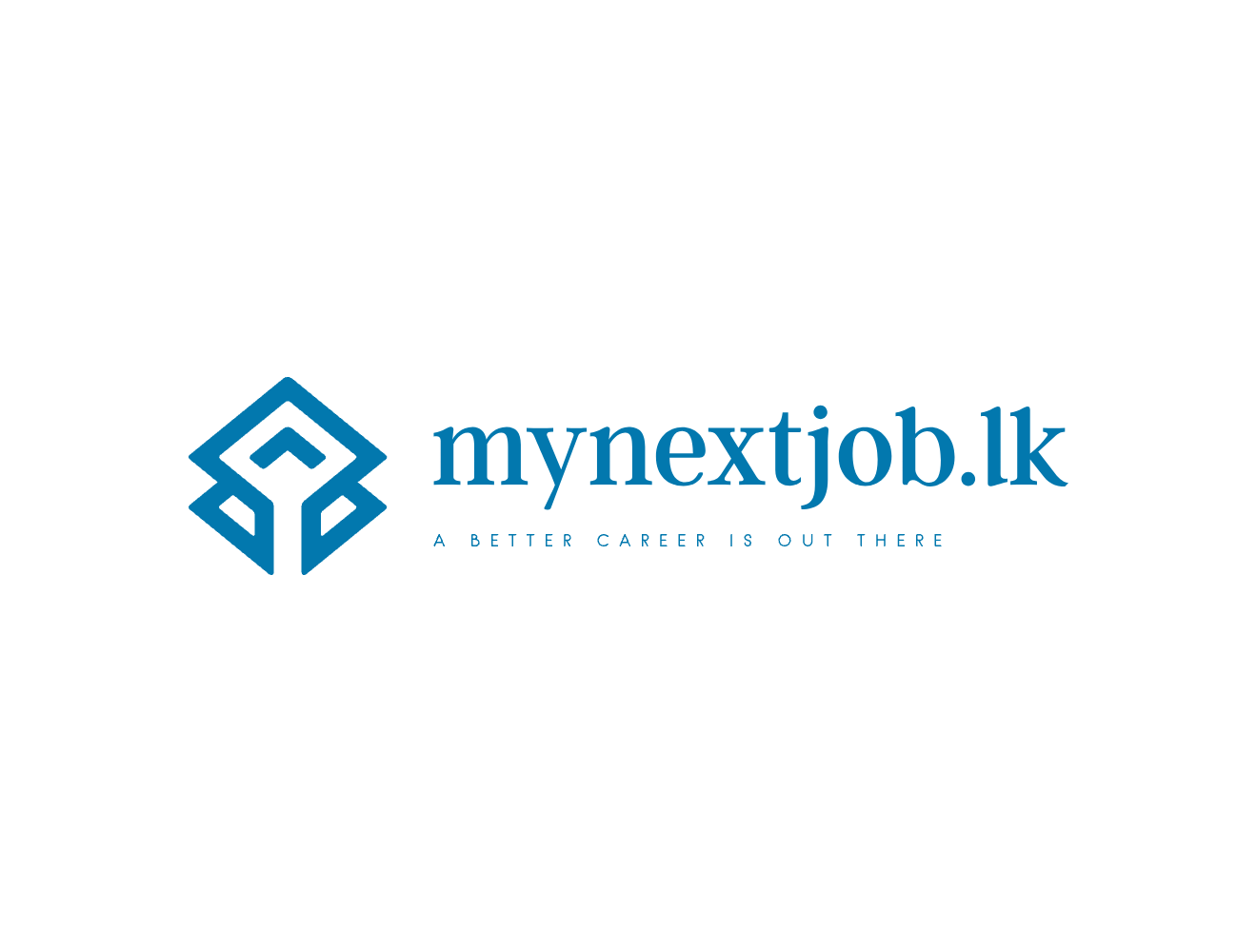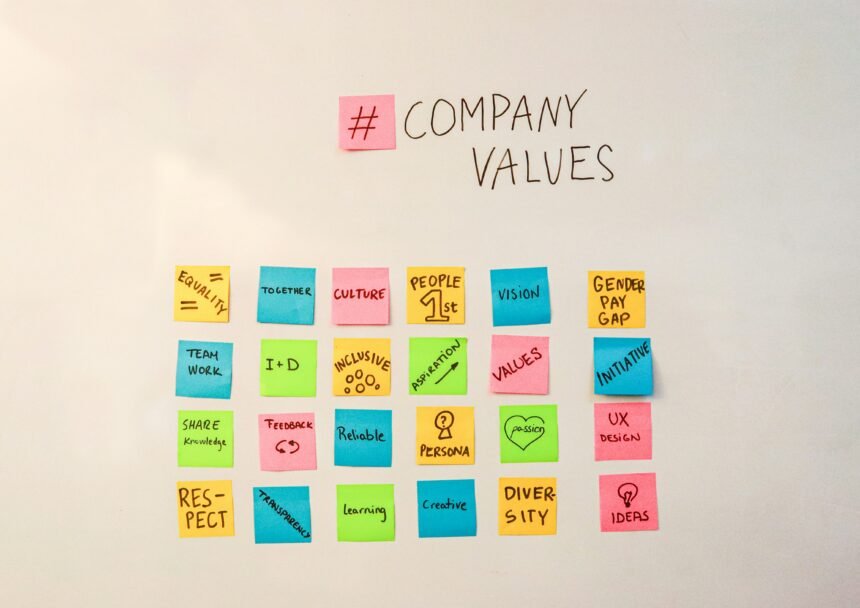Understanding Ethical Leadership
Ethical leadership is a concept that emphasizes the importance of values, principles, and morality within organizational settings. At its core, it signifies the responsibility leaders have in guiding their teams while adhering to a moral framework that prioritizes the welfare of both employees and stakeholders. In contrast to traditional leadership styles, which may prioritize results at any cost, ethical leadership seeks to balance achieving goals with maintaining ethical standards, thereby creating a nurturing environment conducive to growth and respect.
Key traits of ethical leaders include integrity, transparency, and accountability. Integrity serves as the cornerstone of ethical leadership, as leaders are expected to act consistently with their beliefs and values. This consistency fosters trust, allowing employees to feel secure in their leader’s guidance and decisions. Transparency complements integrity, requiring leaders to openly share information and involve team members in discussions that may affect them. Such open communication builds a culture of trust and honesty, encouraging collaboration and innovation among employees.
Accountability is another critical trait that defines ethical leadership. Ethical leaders hold themselves and others responsible for their decisions, fostering an environment where stakeholders feel empowered to discuss issues candidly and take ownership of their actions. This level of accountability not only reinforces ethical behavior but also enhances organizational reputation and integrity.
In the rapidly changing landscape of modern workplaces, the significance of ethical leadership cannot be overstated. Organizations that embrace ethical leadership practices cultivate a positive workplace culture, leading to increased employee engagement, loyalty, and satisfaction. In addition to enhancing internal relations, ethical leadership also significantly affects external perceptions, ultimately driving organizational success in today’s competitive market.
The Importance of Ethical Leadership in Modern Work Culture
In today’s rapidly evolving work environment, ethical leadership has emerged as a critical component for fostering organizational success and enhancing employee engagement. Ethical leaders prioritize integrity, transparency, and fairness, serving as role models for their teams. This leadership approach not only promotes trust within the organization but also cultivates a workplace culture characterized by collaboration and accountability. A strong foundation of ethical behavior encourages employees to feel secure in voicing their opinions, ultimately leading to enhanced morale and job satisfaction.
One of the most significant benefits of ethical leadership is the ability to improve employee retention rates. When leaders who uphold ethical standards engage with their teams, they create an atmosphere of respect and loyalty. Employees who observe leaders making principled decisions are more likely to remain committed to the organization, reducing turnover costs and the need for continuous recruitment efforts. Furthermore, a culture of ethical leadership can attract top talent, as prospective employees increasingly prioritize working for organizations aligned with their values.
Ethical leadership also plays a vital role in facilitating better decision-making processes. Leaders who emphasize ethical considerations when making critical decisions ensure that their choices reflect the organization’s values and missions. This approach not only aids in navigation through complex scenarios but also reflects a strong commitment to social responsibility. The result is a workforce that is motivated, informed, and engaged in the pursuit of organizational goals, translating into overall improved performance.
Additionally, ethical leaders demonstrate the importance of a principled approach when addressing challenges. Through their actions, they provide guidance and support to their teams, which encourages a problem-solving mindset rooted in ethics. In summary, ethical leadership is indispensable in the modern work culture, as it fosters trust, boosts morale, enhances employee retention, and improves decision-making processes, thereby driving organizational success.
Implementing Ethical Leadership Practices
In today’s dynamic work environment, ethical leadership serves as a foundation for building trust and integrity within teams. To cultivate such leadership, leaders must begin by establishing a clear ethical framework that outlines the organization’s values, principles, and behavioral expectations. This framework should not only be communicated effectively to all employees but also be integrated into the organization’s mission statement. Additionally, leaders must model ethical behavior by exemplifying the values they wish to inculcate, thereby creating a culture of accountability and transparency.
Encouraging open communication stands as a critical strategy in reinforcing ethical leadership. Leaders should create an environment where team members feel comfortable voicing their concerns and sharing ideas without fear of retaliation. Regular dialogues, such as team meetings and one-on-one sessions, can facilitate this open exchange of information. Moreover, leaders can implement anonymous surveys to gather honest feedback about the workplace culture and ethical practices, allowing employees to express their views candidly. By actively listening to their concerns and suggestions, leaders demonstrate their commitment to maintaining ethical standards and continuous improvement.
Prioritizing employee feedback is another essential component of ethical leadership. Leaders should regularly solicit input from their teams to gauge the effectiveness of the ethical framework and identify areas for enhancement. Emphasizing the importance of feedback encourages employee engagement, nurtures a sense of ownership, and reinforces that their voices matter within the organization. Furthermore, case studies of successful companies that have implemented ethical leadership principles, such as Patagonia and Johnson & Johnson, provide valuable insights into best practices, illustrating the tangible benefits of fostering an ethical culture. These organizations have shown that when ethical values are prioritized, employee motivation and organizational performance significantly improve.
Challenges and Solutions in Ethical Leadership
In the contemporary environment of work, ethical leadership stands as a significant cornerstone of an organization’s success and longevity. However, leaders frequently confront a series of challenges when it comes to upholding these ethical standards. One of the most prevalent issues is corporate pressure, where leaders may feel compelled to prioritize profits over ethical considerations. This pressure can stem from stakeholders, market competition, or internal organizational dynamics, leading to a compromising of values in favor of short-term gains.
Another major challenge arises from conflicting interests among stakeholders. Different individuals and groups within an organization often hold varying perspectives on what constitutes ethical behavior. Such conflicts can result in ethical dilemmas, where leaders must navigate complex situations involving the welfare of employees, customers, and investors, all of whom may have divergent expectations and demands. Addressing these conflicting interests requires a nuanced approach that emphasizes transparent communication and negotiation skills.
To overcome these challenges, it is essential for leaders to foster a strong ethical culture within their organizations. This can be achieved through the establishment of clear ethical guidelines and expectations that resonate throughout all levels of the organization. Additionally, continuous learning and adaptation are paramount for leaders striving for ethical leadership. Enrolling in ethics training programs, engaging in peer discussions, and reflecting on past decisions can equip leaders with the tools necessary to navigate the evolving landscape of ethical challenges.
Furthermore, incorporating regular feedback mechanisms allows leaders to assess and adjust their strategies effectively. By being open to input from employees and stakeholders, leaders can cultivate an environment where ethical considerations are prioritized, ultimately enhancing organizational integrity. In conclusion, ethical leadership demands vigilance and commitment to navigating challenges, but with proactive strategies and a focus on continuous improvement, leaders can maintain high ethical standards and foster a culture of integrity within their organizations.











